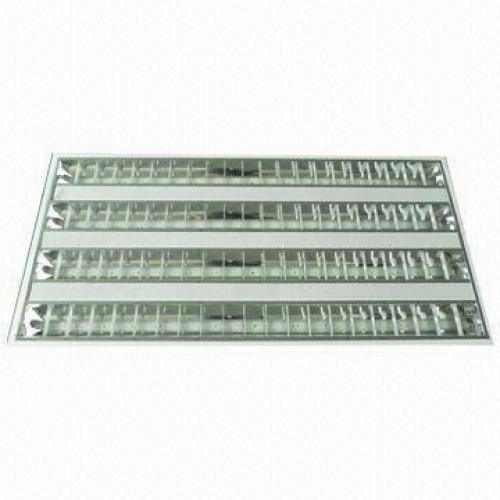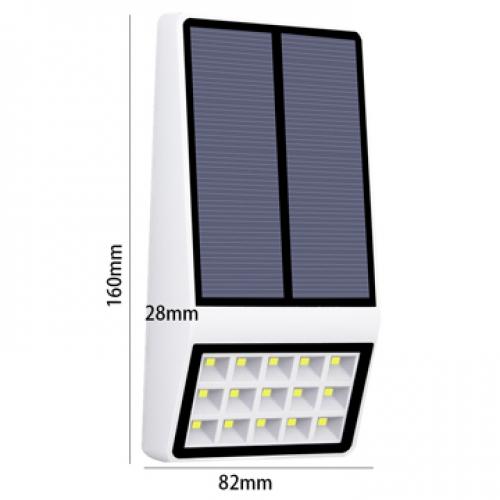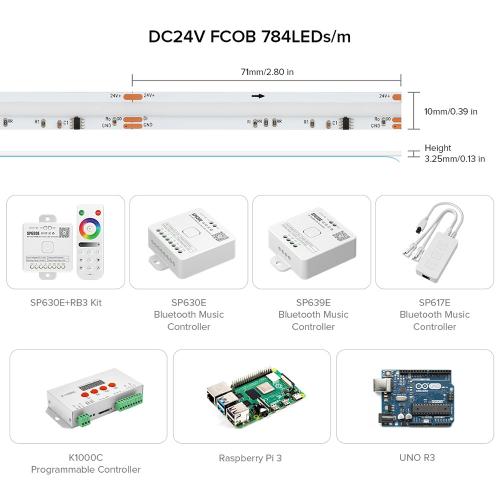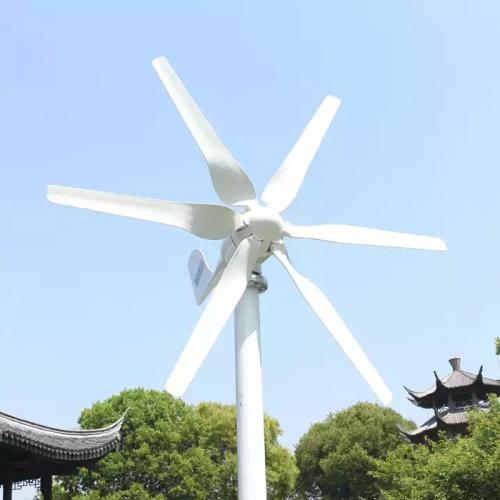Why are people getting rid of their solar panels?
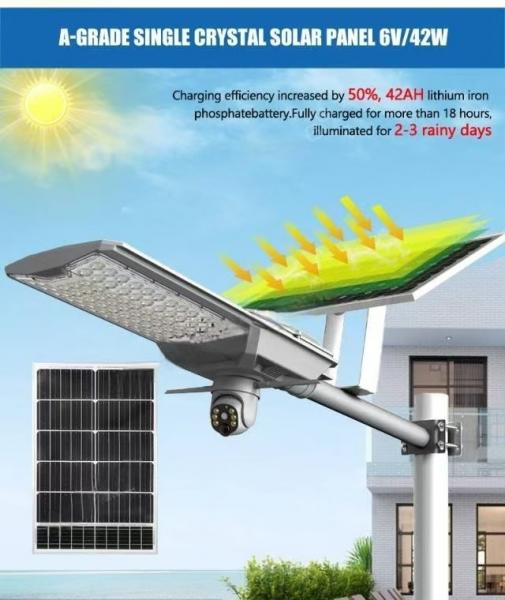
As the world continues to grapple with the pressing challenges of climate change and dwindling natural resources, renewable energy sources like solar power have emerged as a beacon of hope. Solar panels, in particular, have been heralded as a sustainable solution for reducing carbon footprints and achieving energy independence. However, an intriguing trend has emerged: a growing number of people are choosing to remove their solar panels. This phenomenon raises questions about the underlying reasons and implications of such a decision. In this article, we will delve into the various factors contributing to this trend, exploring the practical, financial, and environmental considerations that influence the choice to part ways with solar panels.
To begin, it's essential to understand the primary motivations behind the initial adoption of solar panels. For many homeowners, the promise of reduced energy bills and the allure of government incentives were powerful incentives. Solar panels, when installed correctly, can significantly decrease electricity costs by harnessing the sun's energy. Additionally, government programs and tax credits have historically made the upfront investment more palatable, further encouraging adoption.
However, as time has passed, several factors have led some individuals to reconsider their decision to keep solar panels. One of the most significant reasons is the financial aspect. While solar panels can provide substantial savings over time, the initial investment is considerable. For some homeowners, the expected return on investment may not materialize as quickly as anticipated. This could be due to various factors, such as changes in energy consumption patterns, fluctuations in electricity prices, or even miscalculations in the initial cost-benefit analysis. As a result, some individuals may find themselves in a position where the financial benefits are not as pronounced as they had hoped, leading them to remove their solar panels.
Another critical factor is the maintenance and repair of solar panels. While generally low-maintenance, solar panels are not entirely free from upkeep. Over time, panels may suffer from wear and tear, necessitating repairs or replacements. In some cases, the cost of maintaining the panels may outweigh the benefits, especially if the system is aging or was not installed correctly. Additionally, unforeseen issues such as roof damage or leaks can arise, prompting homeowners to remove the panels to address these underlying problems.
The rapid advancement of solar technology is another reason why some people are opting to remove their existing solar panels. As technology evolves, newer and more efficient models become available. Homeowners who invested in solar panels several years ago may find that their systems are outdated compared to the latest offerings. The temptation to upgrade to more efficient panels can be strong, especially if the newer models promise greater energy production and cost savings. In such cases, removing the old panels becomes a necessary step in the upgrade process.
Environmental considerations also play a role in the decision to remove solar panels. While solar energy is a renewable and clean source of power, the panels themselves are not entirely without environmental impact. The production and disposal of solar panels involve the use of various materials and processes that can have ecological consequences. Some environmentally conscious individuals may choose to remove their panels if they believe that the environmental cost of maintaining or upgrading the system outweighs the benefits. Additionally, as awareness of sustainable practices grows, some people may opt for alternative renewable energy solutions that align more closely with their values.
Furthermore, changes in personal circumstances can influence the decision to remove solar panels. For instance, if a homeowner is planning to sell their property, they may choose to remove the panels to appeal to a broader range of potential buyers. While solar panels can be a selling point for some, others may view them as a complication or an added responsibility. Similarly, if a homeowner is relocating to an area with less favorable solar conditions, they may decide that removing the panels is the most practical choice.
It's also worth noting that the regulatory landscape surrounding solar energy can impact the decision to remove panels. Changes in government policies, incentives, or regulations can alter the financial dynamics of solar energy, making it less attractive for some homeowners. For example, if a government reduces or eliminates tax credits for solar installations, the financial appeal of maintaining solar panels may diminish. In such cases, homeowners may choose to remove their panels if the cost-benefit balance no longer aligns with their expectations.
In conclusion, the decision to remove solar panels is influenced by a complex interplay of financial, practical, environmental, and personal factors. While solar energy remains a valuable and sustainable resource, the realities of maintaining and upgrading solar systems can lead some individuals to reconsider their commitment. As technology continues to evolve and societal values shift, the reasons for adopting or removing solar panels will likely continue to change. For those considering this decision, it's crucial to conduct a thorough analysis of the costs and benefits, taking into account both current circumstances and future possibilities. Ultimately, the choice to remove solar panels should be informed by a comprehensive understanding of the various factors at play, ensuring that it aligns with one's financial goals, environmental values, and personal circumstances.

